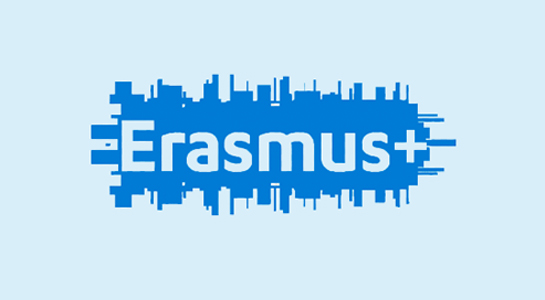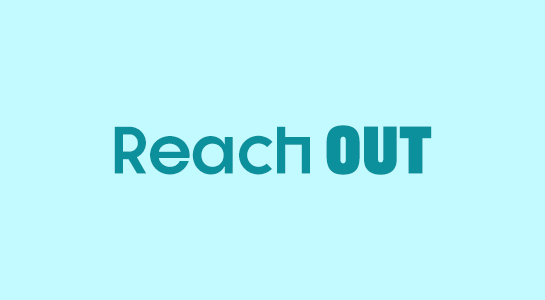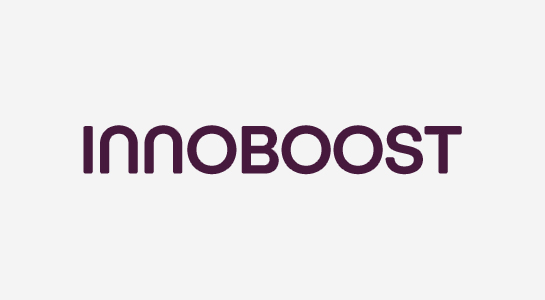Objectives
“Coming together” about this topic, as part of the International Hanseatic Day 2019 in Pskov, the German Youth Hostel (DJH) will bring together young people from six various European Hanseatic cities to the International Youth Exchange “Future of Europe” together with their long-term partner the Pksov City Youth Center, to discuss Europe and ist possibilities. In various workshops, the youth (18-26 years) from Pskov (RU), Riga (LV), Warsaw (PL), Turku (FI), Tartu and Tallinn (EE) and Paderborn (DE) will seek to find a link between Europe and current issues such as, youth unemployment, sustainable future and the implementation of the SDG´s and (inter-) cultural identity also migraton and the growing right-wing populism . The aim is to draw parallels to their everyday life and to find connecting points to their city or municipality. In small working groups and plenary discussions, they will look for “best practice” examples and work out individual implementation possibilities. The participants will also be encouraged to develop their own ideas, to express themselves in front of a group in a foreign language (English) as well as to learn different methods and presentation possibilities, which they can also later use in their life or job issues. Therefore, they will get support and company by an international team (from the participating countries). For this purpose, there will be thematically different “dialogue sessions”, which will be prepared and partly presented by the participants. Additionally, there will be a non-formal learning environment created and the environment discovered with city rallys or a team building . A method-mix is applied to all topics. In this way, participants can not only get to know different methods, but also to take them home for their project work. Apart from the sessions, there will be excursions and workshops around Pskov.The participants will have free time between activities and in the evening – in the context of informal learning – which will be strengthened by cooking together and as well as participating in community games. Feedback rounds will create an important framework of the whole project: there will be taking place after each dialogue session and also in between. The sustainable shaping of the future in the cities of Europe is a field of tension with the economic concerns and needs of Young people and their prospects. There has to be a space to exchange ideas and develop ideas for solutions, which are transfered by the young people in their home country. Whether if it is an European Workgroup, a youth network or an environmental project. “Future of Europe” is considered pulse generator and should encourage young people to make a difference for themselves and Europe. In the long term, the project will be continued and hosted in a rotating system within the participating countries – depending where the next Hanseatic Day takes part, which will influence also the main topic.
Activities
There will be around 30 young people from six different countries or (Hanseatic) cities ( participants and teamers), between the ages of 18-30 in discussion rounds, small group work, team-building activities, research work and a colourful mix of methods related to topics about Europe and their own personal living situation. Furthermore, the group will participate in the celebrations of the 39th Hanseatic Day in Pskov or in part of the YOUTH HANSA, which will be offered parallel for young people on every Hanseatic day. The theoretical exchange, which usually takes place in the places of the Russian partner (youth center of the city of Pskov), will be added with activities and actions in the neighbourhood of the accommodation or the city of Pskov, such as excursions and city walks/ rallys. It is particularly important to involve the Russian participants as hosts and to leave the design of these activities to them. The participants from the other countries assume also inputs of the “Dialogue Sessions ” and presenting their country and the topic that they have chosen before in the context of Europe (such as youth unemployment). So they will incorporate their personal experiences and the focus of their organization in which they are experts (e.g. Rasio Perspektiva in the environmental field). Everyone is volunteering and/or actively involved in their community. Since the whole group is very heterogeneous, there will be certainly deficiencies in English, there is support in the linguistic and presentations necessary and is supported by the teamers. Furthermore, the young people have the opportunity to express themselves in their local language at all times. An information booklet is provided as a work aid, with a page FAQ/ “Most useful words “-dictonary, to terms/phrases that are commonly used, such as: youth unemployment. These will be translated into the local language; done in advance together with the partner organisations which are involving their young people.
Impact
On the one hand, young people should be motivated to develop their own thoughts about the topic, on the other hand, to implement their own actions and ideas in their communities. They will help and support by their teamers and country coordinators/ organizations of the different, participating countries. A sustainable influencing and designing of the future in the cities of Europe, is a field of tension between the economic concerns and needs of young people and their perspectives in particular. This must have a space to exchange ideas and develop thoughts and solutions together; that could implemented later on by the young people in their local country. Whether with a Europa-AG, a youth network or an environmental project. “Future of Europe” is suppose to be an impulse to set things up, get in to the act and to encourage young people to make a difference for themselves and Europe. In the long term, the project is intended to continue alternately with other host countries and setting an automatism. Alumni and current participants will be exchanged, projects initiated and be continued. Furthermore, it is to be expected that the participants will tell about their experiences and adventures in their class network or study groups and, maybe even giving a presention on the results and the project in general. It is also to be assumed, based on the experiences of other youth encounters and the Hanseatic Day 2018, that the young people will keep in touch with each other (e.g. via the socialmedia group) and visit each other, will be inspired to travel more, as starting as well a Voluntary Services like ESC abroad. Europe should become their home and not just their home Country considered as homeland. Creating this openness and the motivation to experience new things, to overcome borders and to leave comfort zones behind is a major goal and the expected outcome of this multilateral youth exchange project.



